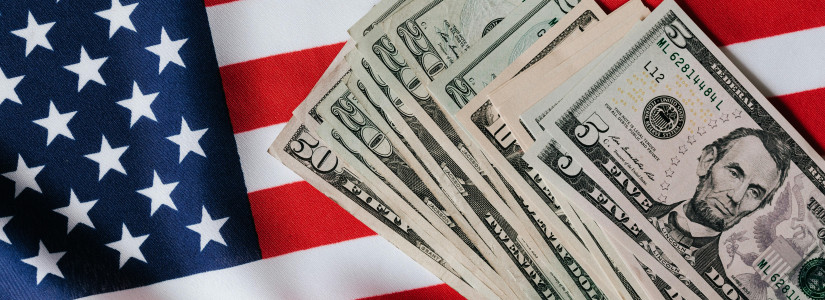How Inflation and an Outdated Poverty Line Impact Low-Income Americans

Inflation is squeezing household budgets across the United States, and low-income Americans are feeling the pinch more acutely than ever.
Despite government assistance programs designed to help, many families still find it difficult to make ends meet.
This article explores how inflation exacerbates financial struggles for low-income individuals and families, the shortcomings of the current poverty line, and how government benefits like SNAP, Medicare, and WIC can help bridge the gap.
The Rising Cost of Living
Inflation has been steadily increasing, with the Consumer Price Index (CPI) rising by 5.4% over the past year according to the Bureau of Labor Statistics.
This surge affects the cost of essentials such as food, housing, and healthcare, disproportionately impacting low-income households.
For families living paycheck to paycheck, even a small increase in expenses can lead to significant financial strain.
The Outdated Poverty Line
The federal poverty line is intended to measure the minimum income needed to cover basic living expenses.
However, critics argue that it fails to account for the true cost of living in today's economy.
The poverty threshold for a family of four is $26,500 in 2024, according to the Department of Health and Human Services.
Yet, this figure does not consider regional cost variations or the modern family's diverse expenses, such as childcare, transportation, and healthcare.
Struggles of Low-Income Americans
A report from the Urban Institute found that nearly 40% of adults in low-income households experience food insecurity, struggle to pay rent, or face difficulties in affording necessary medical care.
The inadequacy of the poverty line means that many families in need are not eligible for crucial assistance programs, leaving them vulnerable to the effects of inflation.
Despite these challenges, government programs play a vital role in supporting low-income Americans:
-
Supplemental Nutrition Assistance Program (SNAP): SNAP provides food-purchasing assistance to low-income households. In 2023, about 42 million people received SNAP benefits, according to the USDA. SNAP benefits are adjusted annually for inflation, providing some relief against rising food costs.
-
Medicare and Medicaid: These programs offer essential healthcare services to low-income and elderly Americans. With healthcare costs rising, access to Medicare and Medicaid can prevent medical debt and ensure necessary medical care.
-
Women, Infants, and Children (WIC): WIC supports pregnant women, new mothers, and young children with nutritious food, health screenings, and breastfeeding support. The program served about 6.2 million participants in 2023, according to the USDA, helping to mitigate the impact of food inflation on vulnerable populations.
Conclusion
Inflation is a significant challenge for low-income Americans, exacerbating financial difficulties and highlighting the inadequacies of the current poverty line.
While government assistance programs provide crucial support, there is a pressing need for policy reforms to ensure these programs can meet the rising costs and better serve vulnerable populations.
By addressing these issues, we can work towards a more equitable society where all Americans have the resources to thrive despite economic pressures.
Related article: Government Income Programs to Help Low-Income Families Beat Inflation in 2024
Related Articles
Stay ahead of the curve











